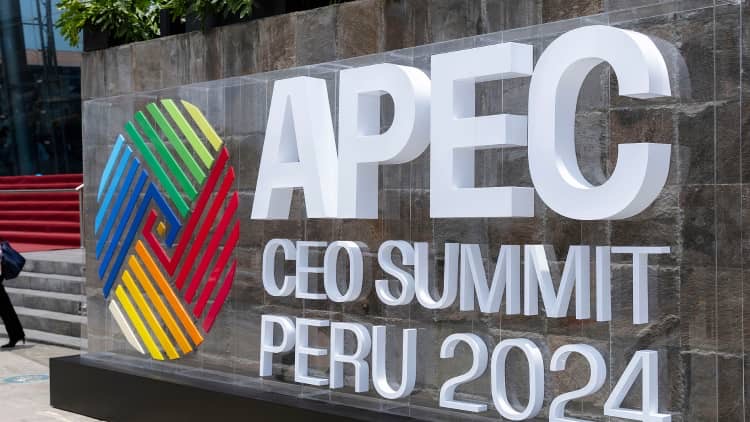The Asia-Pacific Economic Cooperation (APEC) forum is a pivotal platform for promoting economic growth, cooperation, trade, and investment across the Asia-Pacific region. The 31st APEC Economic Leaders’ Meeting, held in Lima, Peru, brought together leaders from member economies, including China’s President Xi Jinping and Japan’s Prime Minister Shigeru Ishiba. The discussions focused on fostering inclusive growth, advancing trade agreements, and addressing regional challenges.
A key theme of the meeting was strengthening economic cooperation among APEC members. Leaders explored strategies to enhance trade flows, address economic disparities, and boost sustainable growth. While specific agreements were not disclosed, the forum reiterated its commitment to fostering an open and fair trading environment, a significant goal in light of global economic uncertainties.
President Xi Jinping’s participation underscored China’s active role in regional diplomacy. During his meeting with Peru’s leader, Xi emphasized the importance of deepening strategic trust and cooperation in governance, anti-corruption efforts, and combating illegal fishing. He expressed support for Peru’s role as host of the APEC meeting and stressed China’s readiness to promote an Asia-Pacific community with a shared future.
Another focal point of the discussions was the role of technology in driving economic innovation and resilience. Leaders highlighted the importance of digital trade and innovation partnerships as tools to address the challenges posed by globalization, particularly for small and medium-sized enterprises (SMEs). Promoting technological inclusivity and bridging the digital divide were emphasized as essential for fostering sustainable development.
Despite these advancements, leaders acknowledged challenges such as protectionism, trade tensions, and disparities in digital infrastructure. However, the forum presented these challenges as opportunities for collaboration, encouraging members to develop strategies for inclusive growth while enhancing regional stability.
As close neighbors and key players in Asia and the global stage, the relationship between China and Japan carries significance that extends beyond their bilateral ties. During a meeting on the sidelines of the 31st APEC Economic Leaders’ Meeting, President Xi Jinping emphasized the importance of cooperation between the two nations.
“China is willing to work with Japan, in accordance with the principles and directions established in the four political documents between China and Japan, to uphold the important consensus that the two countries should ‘be partners, not threats,’” President Xi stated. He underscored the need to comprehensively advance the strategic relationship of mutual benefit and build a constructive and stable China-Japan relationship that meets the demands of the new era.
Prime Minister Shigeru Ishiba echoed these sentiments, emphasizing that Japan and China should work together to “comprehensively advance the strategic relationship of mutual benefit” and strengthen bilateral ties. He also affirmed that Japan’s position on the Taiwan question, based on the Japan-China joint communique in 1972, remains unchanged. Furthermore, Ishiba stated that Japan has “no intention of decoupling from China,” reinforcing the importance of continued economic cooperation between the two nations.
This dialogue reflects the broader APEC agenda of fostering trust, collaboration, and stability among member economies to ensure long-term growth and shared prosperity.
Source: CGTN, Agencies





